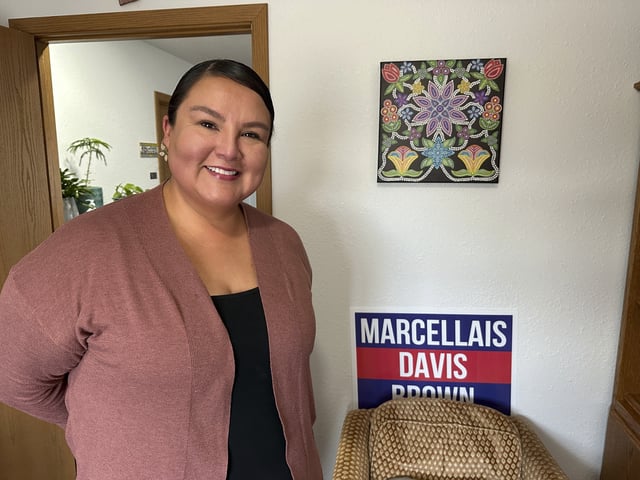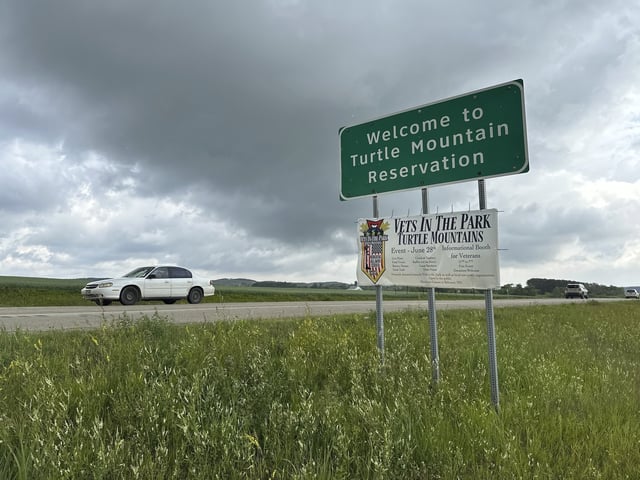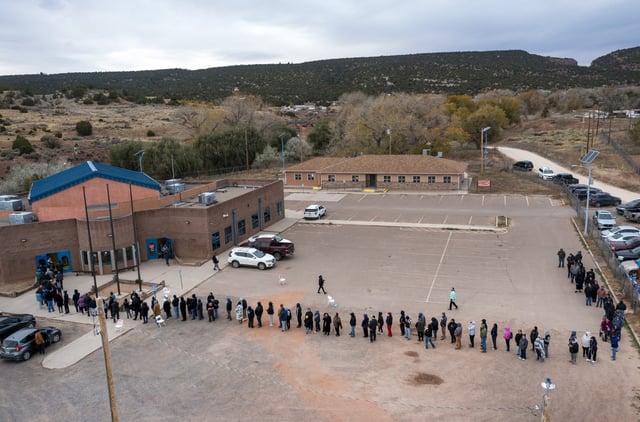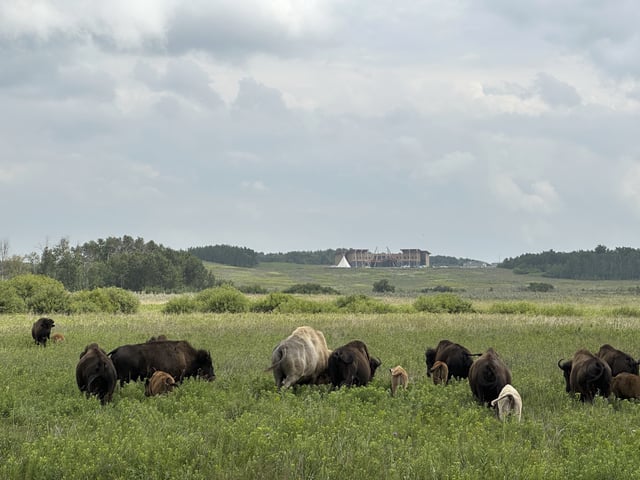Overview
- The Supreme Court will weigh whether Louisiana’s redrawn congressional map that creates two majority-Black districts violates the Constitution’s ban on race-based districting
- Senate Democrats reintroduced the John R. Lewis Voting Rights Advancement Act on July 29 but could not advance the bill after GOP senators blocked debate under filibuster rules
- Marc Morial and other civil rights figures have declared democracy in crisis and announced protests and economic actions, including a planned March on Wall Street on August 28
- Key provisions of the original act have been weakened by Supreme Court rulings in Shelby County v. Holder (2013) and Brnovich v. Democratic National Committee (2021), enabling stricter voting laws in Republican-led states
- Advocates point to recent Black voter mobilization in Georgia as proof of the act’s continued importance in securing representation and influencing national elections



